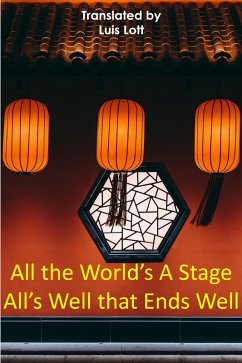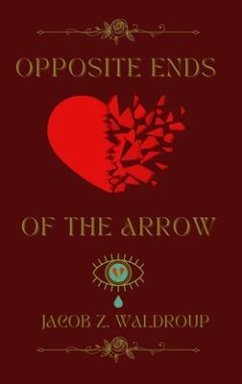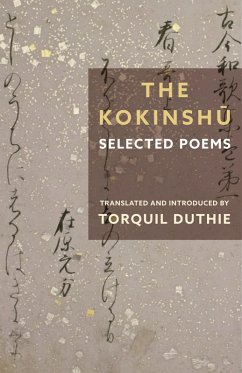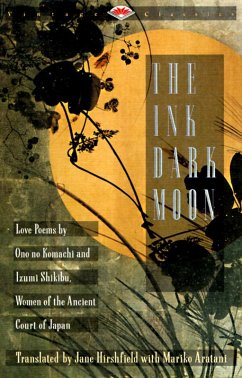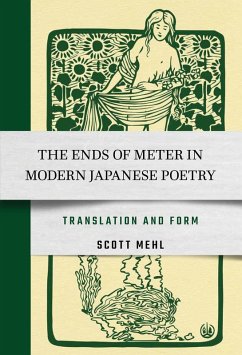
The Ends of Meter in Modern Japanese Poetry (eBook, ePUB)
Translation and Form

PAYBACK Punkte
15 °P sammeln!
In The Ends of Meter in Modern Japanese Poetry, Scott Mehl analyzes the complex response of Meiji-era Japanese poets and readers to the challenge introduced by European verse and the resulting crisis in Japanese poetry. Amidst fierce competition for literary prestige on the national and international stage, poets and critics at the time recognized that the character of Japanese poetic culture was undergoing a fundamental transformation, and the stakes were high: the future of modern Japanese verse.Mehl documents the creation of new Japanese poetic forms, tracing the first invention of Japanese...
In The Ends of Meter in Modern Japanese Poetry, Scott Mehl analyzes the complex response of Meiji-era Japanese poets and readers to the challenge introduced by European verse and the resulting crisis in Japanese poetry. Amidst fierce competition for literary prestige on the national and international stage, poets and critics at the time recognized that the character of Japanese poetic culture was undergoing a fundamental transformation, and the stakes were high: the future of modern Japanese verse.
Mehl documents the creation of new Japanese poetic forms, tracing the first invention of Japanese free verse and its subsequent disappearance. He examines the impact of the acclaimed and reviled shintaishi, a new poetic form invented for translating European-language verse and eventually supplanted by the reintroduction of free verse as a Western import. The Ends of Meter in Modern Japanese Poetry draws on materials written in German, Spanish, English, and French, recreating the global poetry culture within which the most ambitious Meiji-era Japanese poets vied for position.
Mehl documents the creation of new Japanese poetic forms, tracing the first invention of Japanese free verse and its subsequent disappearance. He examines the impact of the acclaimed and reviled shintaishi, a new poetic form invented for translating European-language verse and eventually supplanted by the reintroduction of free verse as a Western import. The Ends of Meter in Modern Japanese Poetry draws on materials written in German, Spanish, English, and French, recreating the global poetry culture within which the most ambitious Meiji-era Japanese poets vied for position.
Dieser Download kann aus rechtlichen Gründen nur mit Rechnungsadresse in A, D ausgeliefert werden.




